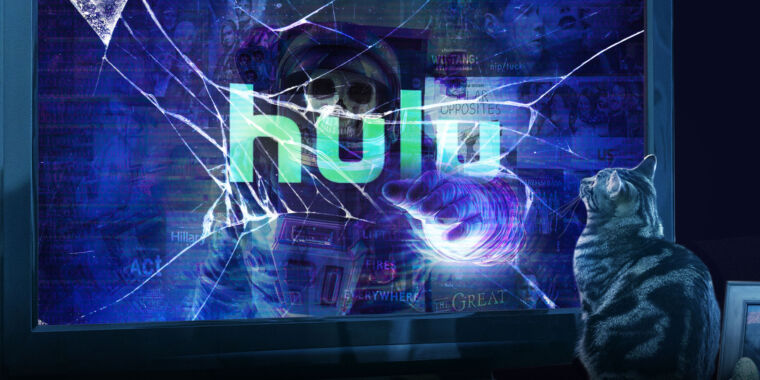For a moment, it seemed like the streaming apps were the things that could save us from the hegemony of cable TV—a system where you had to pay for a ton of stuff you didn’t want to watch so you could see the handful of things you were actually interested in.
Archived version: https://archive.ph/K4EIh



That is one part of it. The studios believed that if they did the distribution they’d be able to have a larger slice of the pie. This isn’t working as well as they thought it would in many cases (Disney is likely the exception if there is one with a very large historical catalog and several profitable franchisees) but didn’t realize the corresponding infrastructure and (customer) support costs that would incur reducing the amount that they make.
Furthermore, the residuals (things that are currently at stake in striking) are based on “having it available” even if no one is watching it. This means that studios (and Netflix and Amazon) are strongly incentivized to remove shows that aren’t getting watched sufficiently for the draw of having them there because they’re paying residuals no matter if its being watched or not.
Having a streaming catalog of 10,000 shows (Netflix has about 13,000 world wide by some accounts with about 5000 available in the US) would mean they’re paying small amounts to everyone even if they’re not getting watched. If the company (e.g. studio) isn’t set up around the infrastructure and support needed for streaming, this can easily mean that those small amounts can become more than the amount that the company is making off of streaming.
Ever notice how Amazon Prime Video rotates in lots of B movies that are available for a few weeks and then disappear again? This is to get people to watch them but minimize paying residuals for having a bunch of movies and TV series that no one watches otherwise.
With the combination of race to the cheapest for pricing (and sharing of accounts), and infrastructure / operational costs it is quite possible to be in the situation where studios are losing money on hosting shows and at the same time paying actors and writers far less than is fair… and the easiest solution that studios have to resolve this is to aggressively pull shows.
https://text.npr.org/2023/03/06/1161382179/hbo-max-disappearing-shows-series-streaming-warner (full site for a 26 minute audio version)
deleted by creator
https://www.axios.com/2023/08/09/disney-earnings-streaming-profits
https://www.businessofapps.com/data/disney-plus-statistics/
They’re getting better and have a lot of other revenue that they can use to offset those losses while they figure out how to do streaming more profitably.
All of the following statements can be true simultaneously:
deleted by creator
I am making sure that if someone else reads it who doesn’t know or wasn’t sure if I used the words properly that the up front clarification would avoid them asking and then waiting a day or so to get a response that clarifies their question. While you and I may be familiar with it, there are also high schoolers who are reading this who are less familiar with accounting terms and their specific meanings.
All great points. That said, no one should feel sympathy for Disney’s profit margins.
They can and should spend less on anti-piracy measures to become more profitable.
And Disney could be 100% profit, overnight, while paying their actors and writers handsomely, if they just license their content to a streaming service that knows what they are doing.
You mean by making a better service?
I’m not sure where you got the impression this was designed to elicit sympathy. I was just saying that it is incorrect to say they are making a lot of money/the model of financial success in streaming lol
Fair enough. I’m just getting a little tired of our monopolist companies buying every competitor while burning through venture capital and then claiming they need to raise prices to “survive”.
Totally